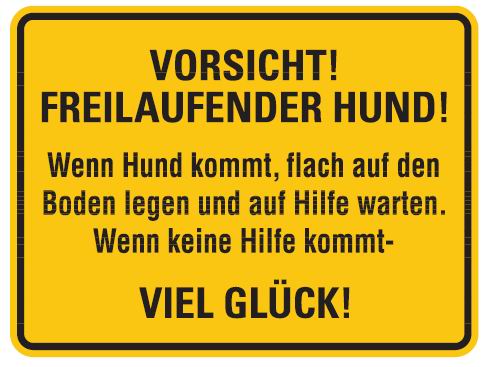In this case it's wrong.
The correct forms would be:
Ich war in der Schule.
and
Ich gehe in die Schule.
You can (have to) omit the article for toponyms:
Ich war in Berlin.
Ich gehe nach Hamburg.
There a some cases where you can omit the article though, but you have to pay attention to the semantics:
Sie glaubten dem Präsidenten und langjährigen Freund.
Meaning that the "Präsident" and the "Freund" are the same person while in the next sentence they are two different people:
Sie glaubten dem Präsidenten und dem langjährigen Freund.
You can also omit the article if you're referring to a name, as in:
Es wurde Wachtmeister Hans Meier gerufen.

